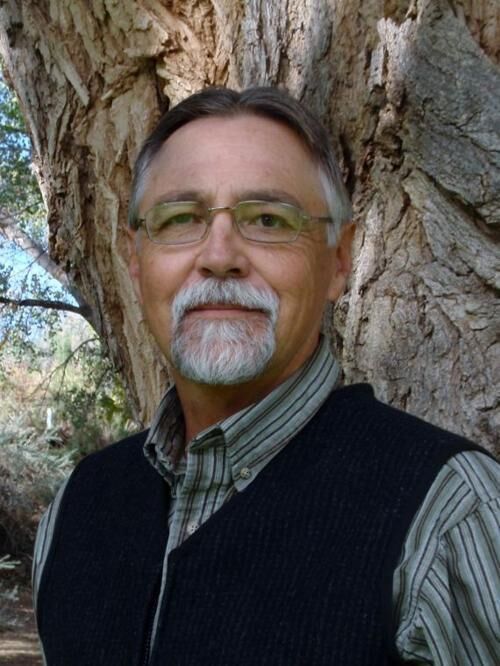Some information may be outdated.
The Grand County Council authorized sending a letter to the Bureau of Land Management asking them to remove all upcoming Grand County parcels from the BLM oil and gas lease sale in September by a 5-2 vote. For all our efforts to diversify our economy and provide additional government revenue in Grand County, this type of action is counterproductive.
Because we cannot look into the ground with certainty to see where oil and gas actually occur, acquiring leases requires educated speculation, quite similar to real estate investing. Companies and individuals are willing to spend money to acquire and hold leases, in the hopes that enough information and financing can be obtained to explore those leases before they expire. As a result, very few issued leases are ever explored and developed, estimated at less than 10%.
Federal lease rental payments are split 50/50 with the state. Of the state’s portion, half of the funds are returned to the county and the rest is distributed to Utah’s higher education system and Utah’s Community Impact Board. Grand County has been the generous recipient of multiple grants and no-interest loans from the CIB because of this process, which helped pay for the Aquatic Center, the Grand Center, funding for our EMT program, roads to future universities, etc.
The bottom line is that federal oil and gas leasing provides a revenue stream for our county with very little risk. In the event these leases are explored and developed, that development provides diverse high paying jobs and royalty revenue for our county.
We have heard that we must maintain a “balance” between oil and gas development and our recreation industry in Grand County or we run the risk of destroying the recreation industry. In 2016, after years of detailed analysis and public comment, the BLM issued the Moab Master Leasing Plan. This MLP was advocated for and ballyhooed by our County Council at that time and the local and national environmental community as an effort to protect our recreation industry and provide that “balance”.
This plan removed half of the federal lands within Grand County’s primary recreation use areas from leasing and identified layer upon layer of leasing and development stipulations that would be added to the remaining lands that would be leased. The MLP included exclusion zones adjacent to the national parks. Further significant restrictions were applied to protect wildlife, filming locations, visual resources, sensitive soils, you name it.
In fact, the restrictions were so severe in this effort to “balance” the two resource uses, the Environmental Impact Statement prepared for the 2016 MLP estimated the southeastern Utah region would lose $2.15 billion dollars in economic activity over the 15 years after the MLP was approved as a result of these restrictions. In spite of that projected loss, the Grand County Council at that time formally endorsed the 2016 MLP.
To say that adequate environmental analysis has not been conducted by the BLM to determine where and how leases are to be issued and developed is simply untrue. To say our national parks and recreation industry would not be adequately protected is patently false.
Over and over, we are told that any oil and gas development will destroy our recreation industry but the facts do not support that assertion. The Big Flat oil field underwent development in the early 1990s with the use of horizontal drilling technology. One drives right through this oil field on the way to Dead Horse Point and the Island in the Sky section of Canyonlands National Park. During that same period, recreation visitation to those two parks has exploded. So the assertion that oil and gas leasing and development will destroy our recreation industry is not supported by any data.
For the past 20 to 25 years, Grand County has sought ways to diversify our economy, with minimal success. Our isolated location and our high housing prices simply don’t allow standard industries to locate here as their employees cannot afford the housing. Yet our elected leaders on this Council continue to oppose any attempts to diversify our economy or provide additional revenue for our local government with the resources we have available.
So here we are again, reliant on one industry. You would think we would learn at some point to support reasonable development that helps diversify our economy, in an industry that pays wages that would allow people to afford the homes here: development that would provide local government revenue. It simply makes no sense. We cannot wish for some magic industry to come along and help us, we need to take advantage of the resources we have in place. All of them.
Lynn Jackson is a 39-year resident of Grand County, a former member of the Grand County Council and current vice-chairman of the Grand County Republican Party.
Appreciate the coverage? Help keep local news alive.
Chip in to support the Moab Sun News.



